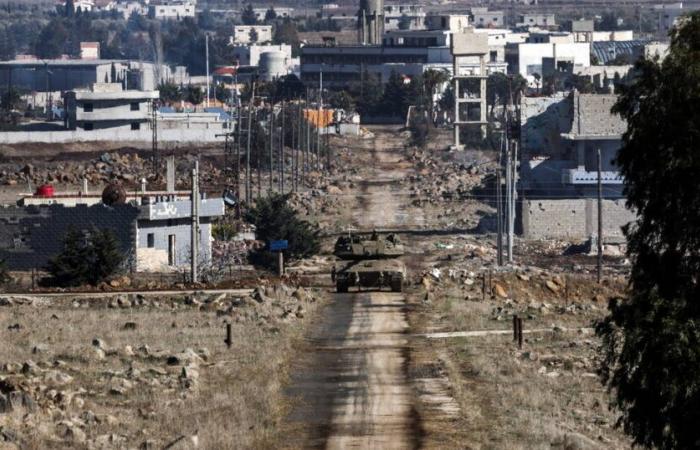Reportage
Article reserved for subscribers
The territory, illegally annexed by the Jewish state in 1981, will be at the center of relations between Israel and the new Syrian government.
The place called Kafr Fiq, on the Golan Heights annexed by Israel in 1981, has a breathtaking view of Lake Tiberias. Roughly reworked black stone ruins line a pleasant path that leads to a spring. We swim there in the summer. A wadi separates it from the clean kibbutz of Afik, established in 1972: a sign explains that the name preserves that of an ancient village and a biblical city. A multi-millennial victory of the Israelites over the Arameans, two ancient menorah engravings; reading it, everything demonstrates his Jewish heritage.
One sentence surprises: “The village, whose Arabic name is also Fik, was abandoned in 1967.” This is a formulation that the Syrian economist Hussein al-Charaa, who was born there, would undoubtedly contest. He was 21 when the 1967 war forced his family, and the village's 2,812 inhabitants, to take refuge behind Syrian lines. He had fled four years earlier, trying to escape the repression of the Syrian government that he was already challenging. A Nasserist, imprisoned several times, he only returned to Syria in 1989, with two sons, the youngest of whom, Ahmed, chose to pay homage to his lineage by rebelling against Bashar al-Assad under the name
World






